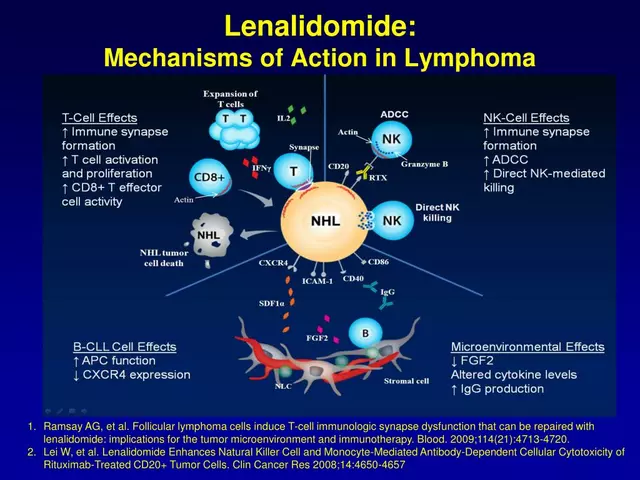Fertigyn HP: What It Is, How It's Used, and Key Alternatives
When you hear Fertigyn HP, a brand-name human chorionic gonadotropin (hCG) injection used to trigger ovulation and support early pregnancy. Also known as hCG injection, it mimics the natural hormone your body produces during pregnancy to signal the ovaries to release an egg. This isn’t just a fertility drug—it’s a precise tool used in IVF cycles, timed intercourse plans, and sometimes to treat low testosterone in men.
Fertigyn HP works because human chorionic gonadotropin, a hormone naturally made by the placenta after a fertilized egg implants. Also known as hCG, it acts like LH (luteinizing hormone) to trigger ovulation in women and stimulate testosterone production in men. Doctors use it when someone isn’t ovulating on their own, or when they need to time egg release perfectly for procedures like IUI or IVF. In men, it’s used to restore testicular function after steroid use or in cases of hypogonadism. The dosage and timing matter—too early or too late, and the effect drops off fast.
It’s not the only option out there. Pregnyl, another hCG injection with the same active ingredient as Fertigyn HP. Also known as hCG Pregnyl, it’s often compared in cost, availability, and shelf life. Some patients switch between brands based on price or how well they tolerate the injection. Other alternatives include Ovidrel, a recombinant hCG that’s synthetically made and doesn’t come from urine. Also known as recombinant hCG, it’s often preferred for its purity and fewer allergic reactions. Then there’s Clomid and Letrozole—oral pills that work earlier in the cycle to stimulate the brain to make more LH naturally. Each has pros and cons: pills are cheaper and easier, but injections like Fertigyn HP give you more control over timing.
If you’re using Fertigyn HP, you’re likely in a structured treatment plan. That means monitoring through blood tests and ultrasounds isn’t optional—it’s critical. Too much hCG can lead to ovarian hyperstimulation syndrome (OHSS), a serious condition with bloating, pain, and fluid buildup. That’s why doctors don’t just hand out these injections. They track your response closely. And if you’re not responding, they’ll adjust the protocol—not just increase the dose.
There’s a lot of confusion online about buying hCG without a prescription. Some sites sell it as a weight-loss aid or anti-aging treatment, but those uses aren’t FDA-approved. The real, proven uses are fertility and hormone support. That’s what the posts below cover: real comparisons, patient experiences, and safety tips from people who’ve used Fertigyn HP and its alternatives. You’ll find breakdowns of dosage protocols, how to handle side effects, and what to expect when switching from one hCG brand to another. No fluff. Just what works, what doesn’t, and what you need to know before your next injection.

Compare Fertigyn HP with Pregnyl, Ovidrel, and generic hCG options. Learn which alternative works best for fertility or testosterone support - and how to save money without sacrificing results.
Chris Gore Oct 27, 2025




